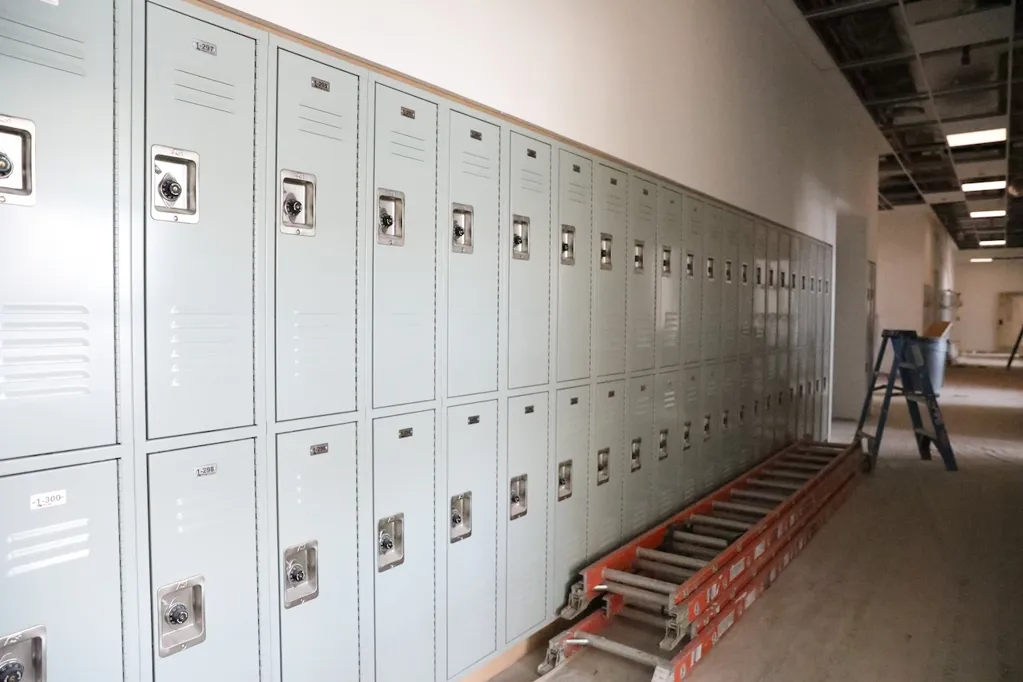COLUMBUS, Ohio - The public education community across the country, including in Ohio, has been buzzing after voters in three states rejected private school vouchers at the ballot box on Nov. 5.
In Ohio - where the legislature in 2023 expanded taxpayer-funded private school scholarships to families of all income levels, resulting in voucher payments falling just short of $1 billion last school year - public school advocates have long maintained that average Ohioans do not agree with this policy. About 87.6% of Ohio's students attend public schools.
Now they have some evidence to back their claims, from voters in Kentucky, Nebraska and Colorado.
"I think it makes the case against this stuff even more damning," said Josh Cowan, a professor at Michigan State University and author of the new book, "The Privateers: How Billionaires Created a Culture War and Sold School Vouchers."
At this point, there doesn't appear to be any concrete plans underway in Ohio to run a ballot issue to reduce or end vouchers. No announcements have been made by the state's two teachers unions.
Joe Rettof, a Democratic political strategist in Columbus, believes that there's a good chance that public school advocates will organize a campaign around a ballot issue if the legislature continues to increase spending on school vouchers.
"There's no transparency for the private schools," he said. "The public schools are the fall-back plan if something happens to those private schools."
Ohio Senate President Matt Huffman has said vouchers will continue to be a priority for the Republican-led legislature next session.
"It's a concept bill bill, and it will still be a concept bill. I don't see it passing. But I want to get the conversation started again about school funding," said State Sen. Andrew Brenner.
For public school advocates, the fight against vouchers is currently centered in courts where over 100 Ohio districts have filed lawsuits claiming scholarship spending is unconstitutional under state requirements for maintaining public schools.
Kentucky
- 65% of voters rejected an amendment proposal allowing lawmakers support for private schools after previous legislation was declared unconstitutional by Kentucky's supreme court.
Nebraska
- 57% passed referendum overturning law creating scholarship program aiding low-income students' tuition fees; reducing funds owed as taxes donated for scholarships instead.
Colorado
- 50 .1 % rejected proposed amendment guaranteeing K-12 student right 'school choice'; requiring supermajority pass rate.
Vouchers aren't necessarily partisan issues explaining why rejected Nebraska according Cowan tracking resistance among rural legislators directing funds away hurting enrollment reductions district employment associations perceived nonpartisan opposed alongside union opposition conservative lawmakers may view liberal organizations .
Can cost up $10 million getting issue onto ballots primarily guiding multi-step process qualifying campaigns gathering hundreds thousands signatures registered voters sometimes hiring paid gatherers relying volunteers deciding whether rely teachers volunteer signature-gathering efforts.
"Can you do it $5 million Maybe" Jeff Rusnak Democratic strategist involved abortion rights constitutional amendment campaign noted less expensive odd-numbered years presidential gubernatorial elections though all-volunteer effort impossible placing before electorate." Bryan Flannery former lawmaker tried early 2000s altering ruled unconstitutional resolution House advancing citizens petition ultimately collecting roughly needed complete volunteer backing." If measure reached supporters spend big bucks publicity fighting choice proponents top-dollar resistance billionaire-backed organizations supporting DeVos Koch network Yass Pennsylvania campaigns Kentucky Browns owner Haslam contributing pro-voucher groups."< / em >Public education supporters planning continue court battles despite Republican majority optimism Bill Phillis coalition leader Vouchers Hurt optimistic judicial siding previous victories unfairness cases such DeRolph v State prevailing appeals Supreme Court agreement fairness system checks balances opinion forces judiciary independence desired ." David Pepper former chairman Yale-educated attorney writing educational matters newsletter lawsuit playing unsuccessful districts bringing facts discovery voter interest building coalitions rural suburban urban communities example Lt Gov Husted advocating district joining suit opposing members joining decision ultimately opted involvement ." GOP senator Brenner introducing resolution amending funding supporting previously introduced six years ago never passed relying property collections additional aid receiving third income sales property lowering fixed incomes stability flowing locally charters privates Medicaid health choices sectors everyday week healthcare issues arise educational contexts "< / em >
